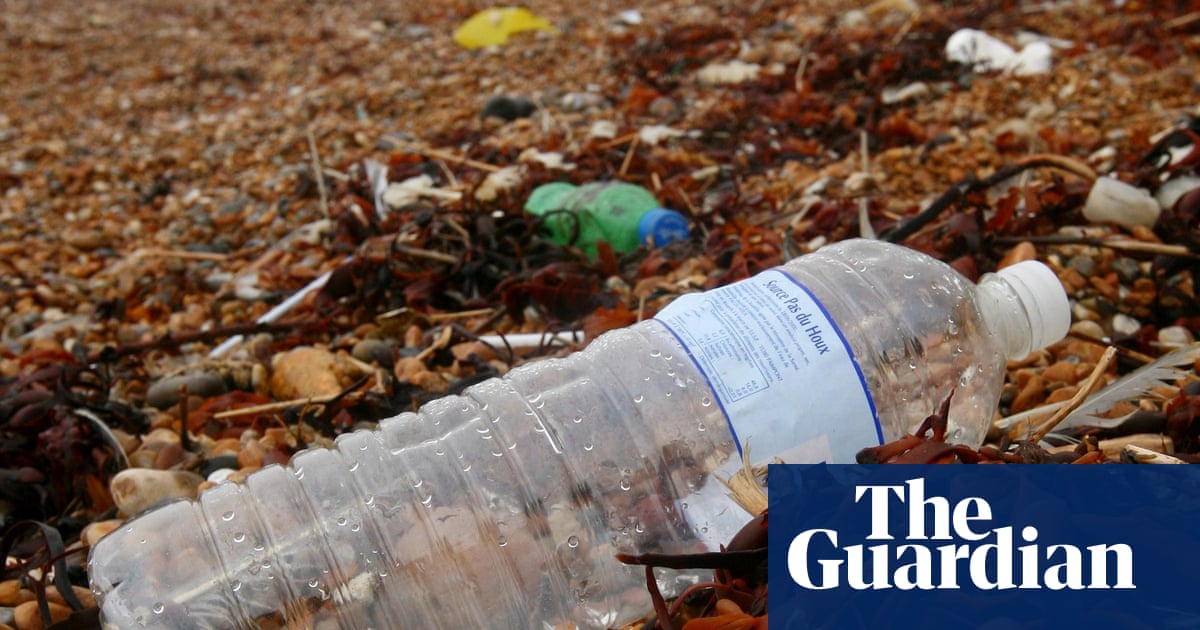A study has found that Lucozade bottles are the most common type of litter found on footpaths in the UK.

A recent study has found that litter is a major problem on footpaths in the UK, with an average of 41 pieces of litter found per kilometer. The most commonly found brands included Lucozade, Coca-Cola, Red Bull, Monster, and Walkers.
The Trash Free Trails organization conducted a report called “The State of Our Trails” which is the first study in the UK to scientifically examine the impact of litter on our environment. The report gathered data from 1,600 submissions by 4,500 volunteers and estimated that there could be as many as 9.1 million individual pieces of litter on the 220,000 kilometers of public paths in the UK. The data was collected between July 2020 and August 2023.
According to the report, Lucozade was the most commonly seen brand of litter. The authors speculated that this could be due to its association with being a “sports energy drink.” It is possible that many people who use recreational trails consider their activity as a sport and therefore feel the need for extra energy. This may be especially true for those who are new or inexperienced in the activities they are engaging in.
Following Lucozade, the most frequently encountered brands were Coca-Cola, Red Bull, Monster, Cadbury, and Walkers.
Of the 216,466 single-use plastic items documented in the report, 26,106 were beverage containers that could potentially be included in a deposit return program. This program rewards individuals for placing recyclable drink containers in a designated bin.
Advocates argue that the government should implement a deposit return system throughout the UK without delay. While a scheme is slated for England and Scotland by 2025, there have been significant delays for both. Michael Gove initially proposed the English scheme in 2018, but glass containers are not currently included in the plan.
The authors of the report suggest using the term “pollution” instead of “litter” because there is increasing evidence that this man-made waste has negative effects on the ecosystems it enters. This is the true meaning of pollution and it should not be ignored any longer.
It is suggested that individuals litter due to a sense of disconnect from their surroundings. Therefore, the recommendation is that outdoor education should be integrated into the standard curriculum rather than being seen as an extra. This would allow for students, pupils, and educators to fully engage with and appreciate nature as they progress through the education system.
According to Rachel Coleman, communications manager for Trash Free Trails, the damage caused by litter in our ecosystems is a major motivator. However, it is also important to recognize the impact it has on our own well-being and ability to enjoy the outdoors. This is something that policymakers and manufacturers of single-use products cannot ignore.
We are no longer simply focused on decreasing litter. It is now about completely changing our connection to these spaces that are fundamental to our sense of self and belonging. If we do not take action to safeguard them, who else will?
Source: theguardian.com

